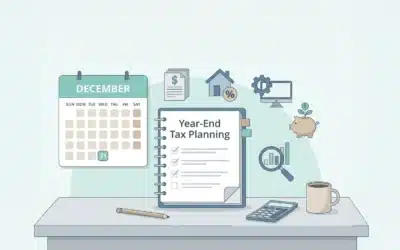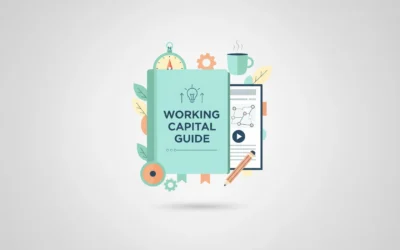The recently passed One Big Beautiful Bill Act (OBBBA) delivers a major win for businesses investing in innovation. The law reinstates full expensing for Research and Development (R&D) costs, enhances credit opportunities, and—most importantly—allows businesses to amend prior returns and reclaim taxes.
Immediate Expensing of R&D Costs Restored
Prior to 2022, businesses were allowed to fully deduct R&D expenses in the year they were incurred. This accelerated write-off was a major cash flow advantage for companies investing in growth. However, the Tax Cuts and Jobs Act (TCJA) inadvertently required R&D costs to be amortized over five years (or 15 for foreign research) starting in 2022, creating a cash flow strain for many businesses.
The OBBBA reverses that change and reinstates full expensing for domestic R&D expenditures, effective for tax years beginning in 2025 and beyond.
What This Means for Your Business
- You can once again deduct 100% of qualified domestic R&D expenses in the year incurred.
- This change improves cash flow for businesses investing in technology, product innovation, and process improvements.
- Capital-intensive sectors like manufacturing, biotech, and software stand to benefit immediately.
Retroactive Fix and Amended Returns Allowed
One of the most important aspects of the OBBBA’s R&D provision is that it allows businesses to amend prior-year returns to claim full deductions for 2022–2024. If you were forced to capitalize and amortize R&D costs under the old rule, you may now be able to reclaim those tax dollars.
Action Steps
- Review your 2022, 2023, and 2024 returns for R&D amortization entries.
- Work with your tax advisor to file amended returns and claim refunds.
- Act quickly, as amended return windows are time-sensitive.
Foreign R&D Costs Still Have Limits
While domestic research expenses are eligible for immediate expensing, foreign R&D expenditures will continue to be amortized over 15 years. Businesses with international operations need to account for this distinction in planning.
R&D Tax Credit Remains an Opportunity
The R&D tax credit continues to complement expensing by reducing tax liability for companies investing in innovation. Under OBBBA:
- The credit calculation remains in place and applies on top of the expense deduction.
- Certain enhancements for startups and small businesses are extended, making it easier to apply the credit against payroll taxes. This is especially helpful for pre-revenue or companies without taxable income.
Learn more about the benefits of choosing the right entity structure for strategic startups here: https://southcoastfp.com/the-hidden-tax-gold-mine-why-strategic-startups-are-choosing-c-corps-over-llcs/
Why This Matters for Business Owners
These changes mean millions in potential savings for innovative companies. If your business develops new products, improves processes, or invests in technology, the combination of immediate expensing and available credits creates a powerful tax strategy.
Next Steps for Business Owners and CFOs
- Reassess your R&D pipeline: Accelerate planned research initiatives to leverage immediate expensing.
- File amended returns: Reclaim taxes paid under the old amortization rules for 2022–2024.
- Document thoroughly: Proper documentation remains critical to support both deductions and credits. Reach out to us for insights into how to properly document these costs.
Final Thoughts
The OBBBA restores one of the most business-friendly provisions in the tax code. For innovative companies, this is more than a technical update, it’s a strategic opportunity to improve cash flow, reduce tax liability, and reinvest in growth.
If you’re unsure how to take advantage of these changes, our team at Southcoast Financial Partners can help you calculate savings, prepare amended returns, and create a forward-looking strategy.


